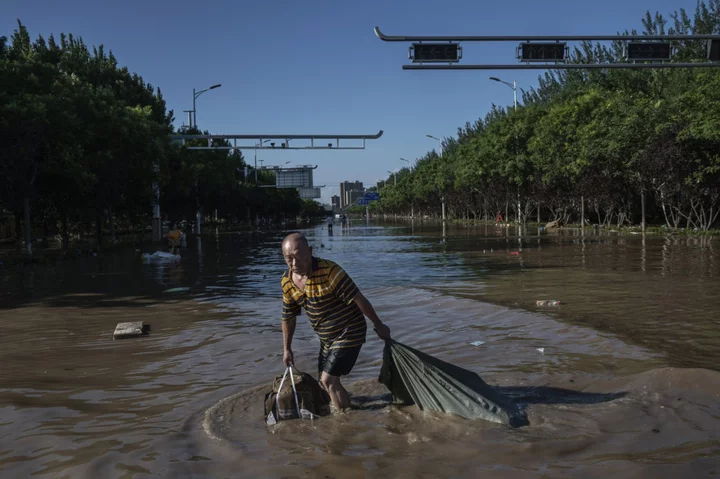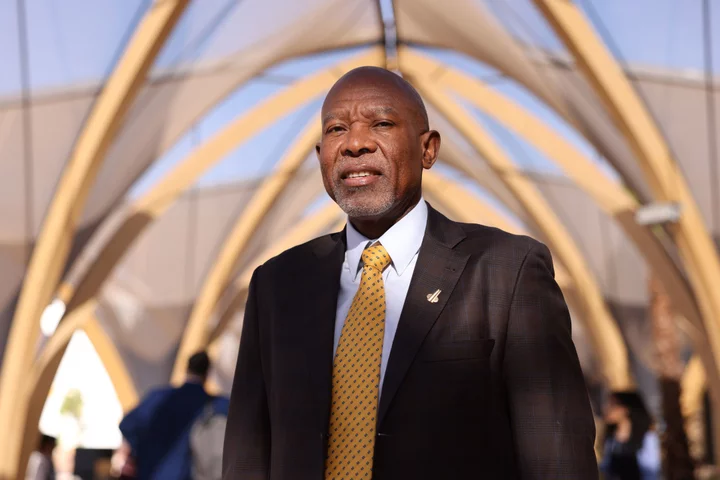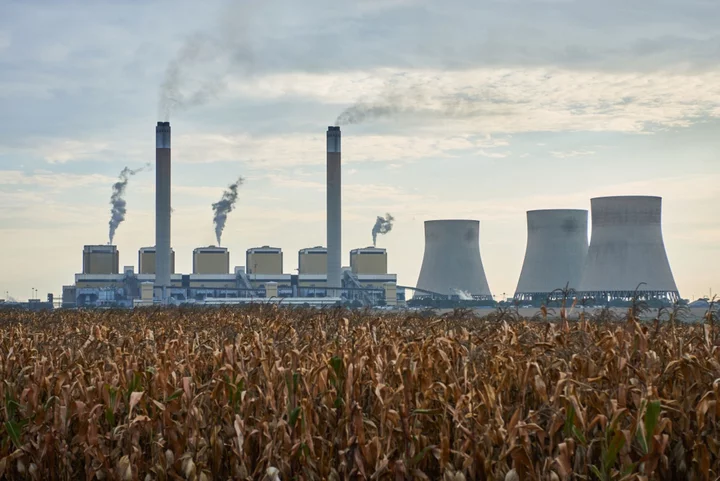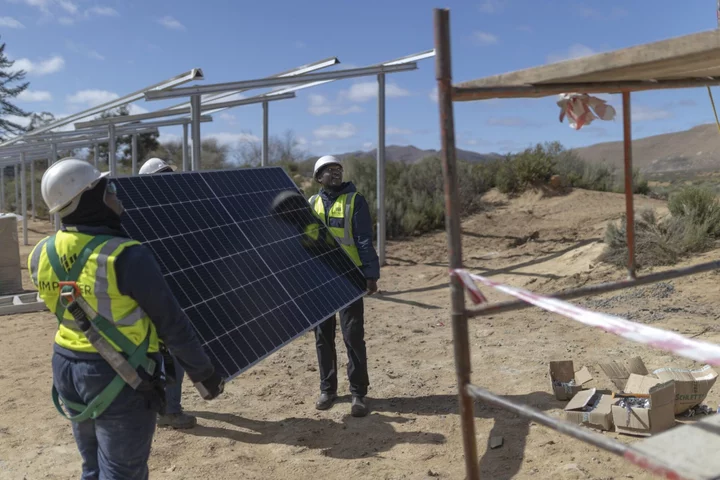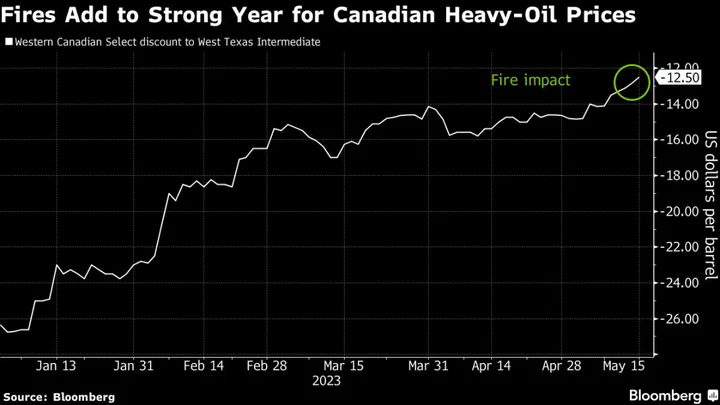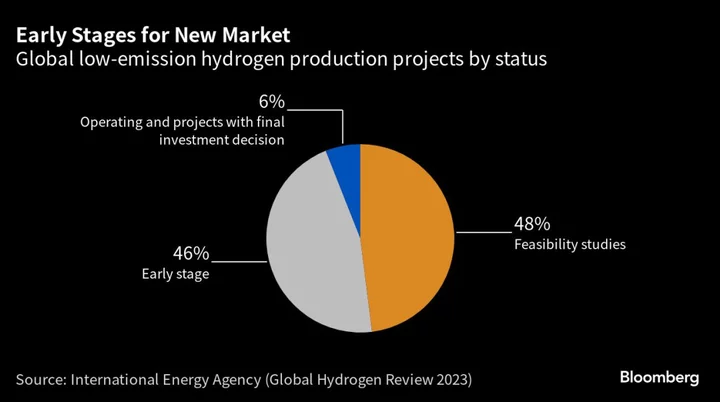China’s unofficial death toll from recent flooding hit 62 after the capital reported more victims, although a full accounting of the fatalities and economic damage from the natural disaster remains unclear.
Some 33 people died in Beijing due to the heavy rains July 29-Aug. 2, CGTN reported Wednesday — after the city was hit by its heaviest downpour since record-keeping began in the 19th century.
Another 18 people were still missing, the state media outlet said, citing local officials. That means the number of fatalities is likely to climb.
See: Climate Change Is Raising the Threat Level on Rain
China hasn’t released a full accounting on the number of deaths since Typhoon Doksuri hit its eastern coast on July 28 and sent heavy rains north. Two cities in Hebei province, which borders Beijing, have said at least 15 people died, although the last update was four days ago.
No deaths have been reported in Zhuozhou, a city in Hebei that suffered some of the worst flooding in the region, although social media posts indicated there were fatalities. The official Xinhua News Agency said on Aug. 1 that more than 130,000 were affected by floodwaters in Zhuozhou, with a population of 630,000.
Shulan, in the northeastern province of Jilin, reported 14 dead on Aug. 6.
One of the few official figures on property damage provided so far came from the coastal province of Fujian, which put direct economic losses at 1.48 billion yuan ($205.3 million).
More: China’s ‘Sponge Cities’ Are Not Built for Extreme Flood Events
Some of the delay in providing the information is due to cities still cleaning up, though the Chinese government does have a history of downplaying deaths from disasters. In 2012, the government initially reported 37 deaths in Beijing due to flash floods but the number was questioned by the public and a protest broke out over a high-profile death. Two weeks later, officials raised the death toll to 79.
There’s been some anger directed at the government over its handling of the flooding this time as well. Ni Yuefeng, the Communist Party boss of Hebei, was the focus of discontent on social media for saying cities in the province had to “resolutely play a good role of moat for the capital.”
Ni also said the Xiong’an area — a new city China started building in 2017 that President Xi Jinping has described as a project of “millennial significance” – represented “the top priority of flood control in our province.” China’s censors later blocked critical discussion of Ni’s remarks.
A Hebei water resources official later said heavy rain and floodwaters traveling down rivers from Beijing were among the main reasons Zhuozhou flooded. That comment appeared intended to deflect criticism that some areas were sacrificed to protect projects important to Xi.
Xi has not appeared in public since July 31, just as the flooding in northern China was starting. His chief of staff, Cai Qi, last week greeted experts at the seaside resort of Beidaihe, suggesting the top leadership was gathering for their annual summer retreat.
On Monday, Chinese state media touted Xi’s “strong and powerful” response to the floods. Reports about Xi ordering rescue efforts — along with the response from local officials that heeded his instructions to save lives — were featured in front-page articles in the People’s Daily, the ruling Communist Party’s official mouthpiece.
The government has also said it was making funds available to support rescue and flood-control work, including an extra 350 million yuan announced on Sunday.
Premier Li Qiang led a meeting of the State Council on Tuesday that urged local governments to speed up work restoring power and water supplies, and reopen roads, state broadcaster China Central Television reported. Financial institutions were also told to boost support for businesses in affected areas and settle insurance claims as quickly as possible.

